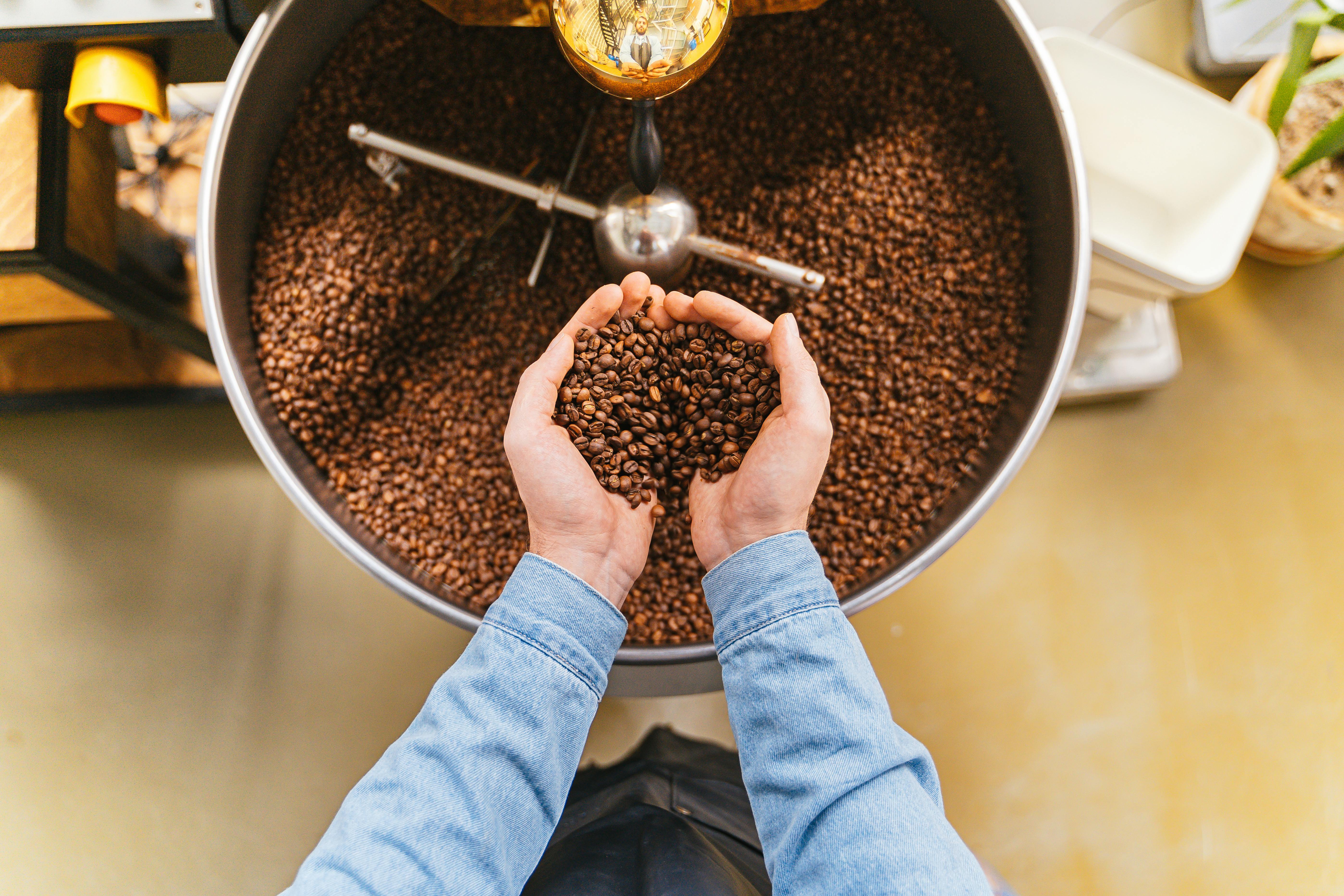Maintaining Certification Isn't Easy
-
3+ years of Chemical Free Cultavation
Organic farms must prove they’ve avoided synthetic pesticides and fertilizers for at least three years, allowing the soil to recover and return to its natural balance.
-
Verified Soil And Waste Mangement Practices
To stay certified, farms need to protect soil health and water sources;using natural compost, preventing erosion, and managing runoff to keep ecosystems healthy.
-
Traceability Through The Supply Chain
From farm to roastery, every step of the coffee’s journey must be documented. This ensures organic integrity and full transparency all the way to your cup.
-
Regular Inspections By 3rd Party Certifiers
Independent organisations audit farms and facilities to make sure they meet strict organic standards; no shortcuts, no greenwashing, just real accountability.




Freshly Roasted, Organic Coffee Just Hits Different
There’s something different about freshly roasted organic coffee; it hits better, and you feel it. Grown without chemicals and roasted in small batches, it’s clean fuel for your body and clarity for your mind. No synthetic nasties, no stale bitterness; just vibrant flavour, natural energy, and that smooth, grounded buzz that reminds you coffee should feel as good as it tastes.

